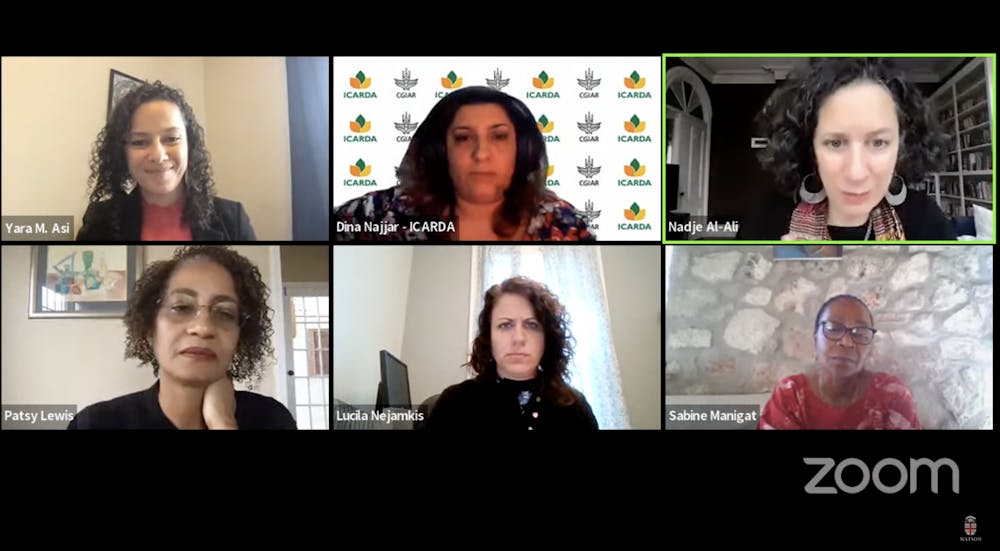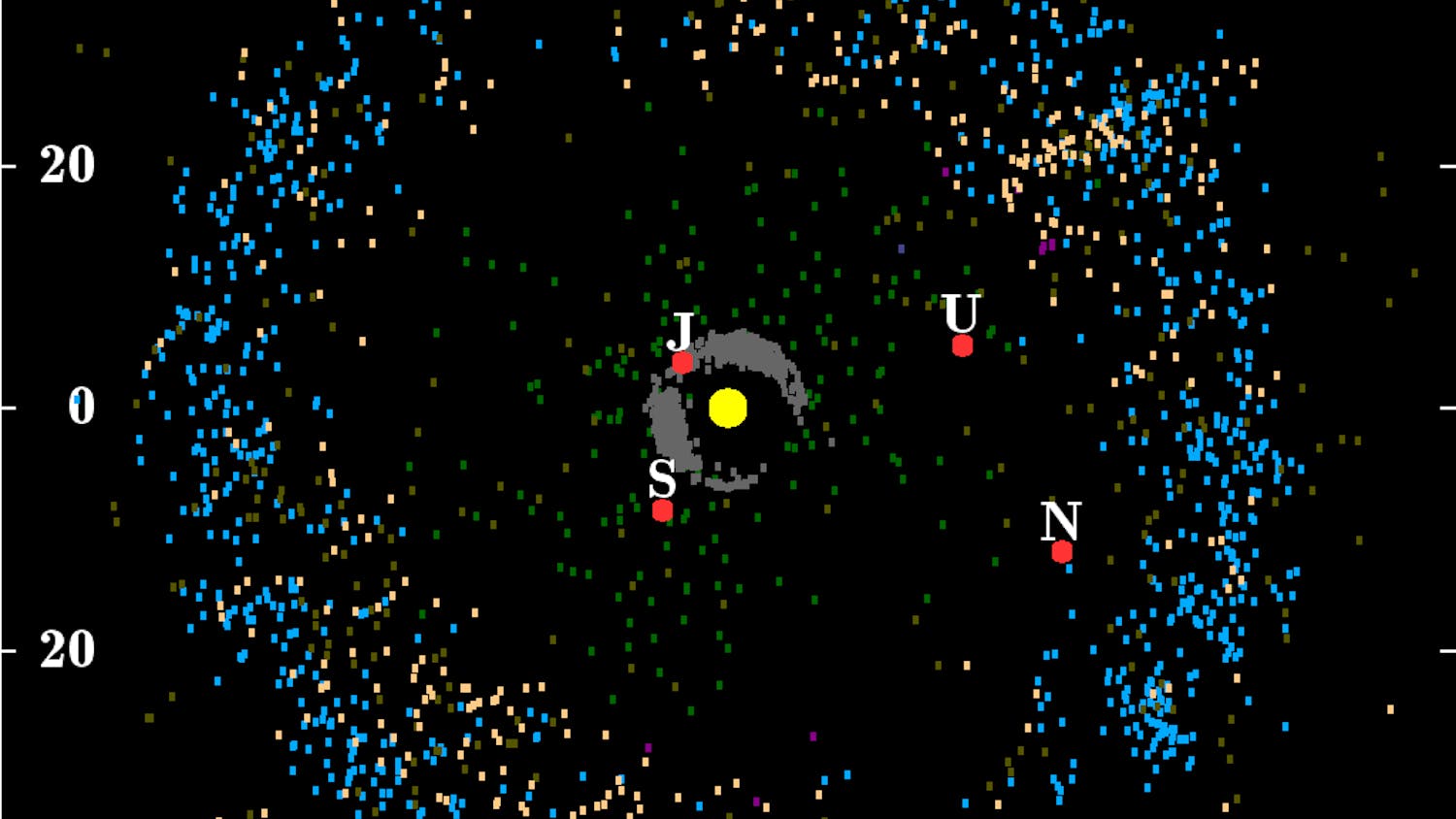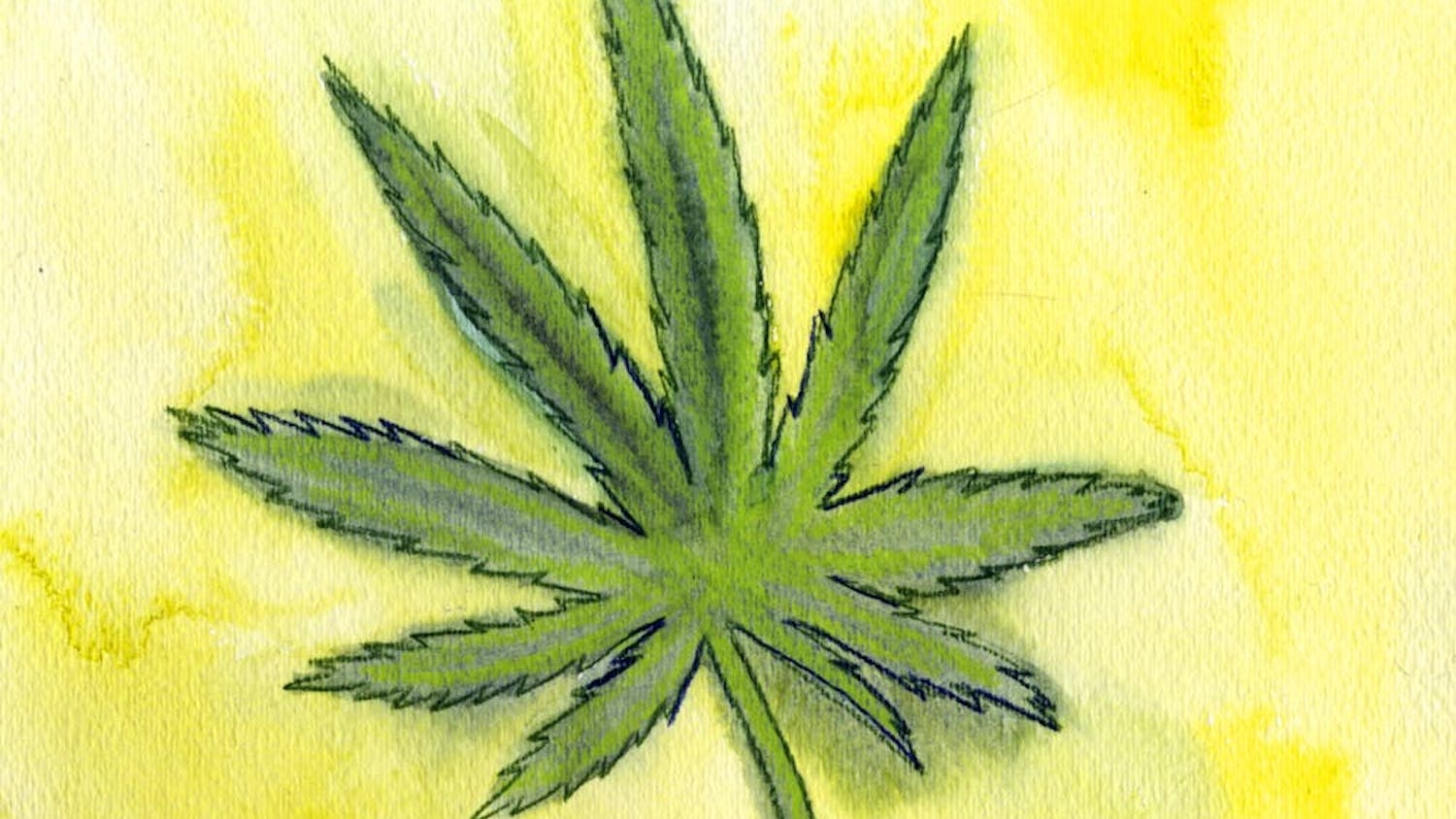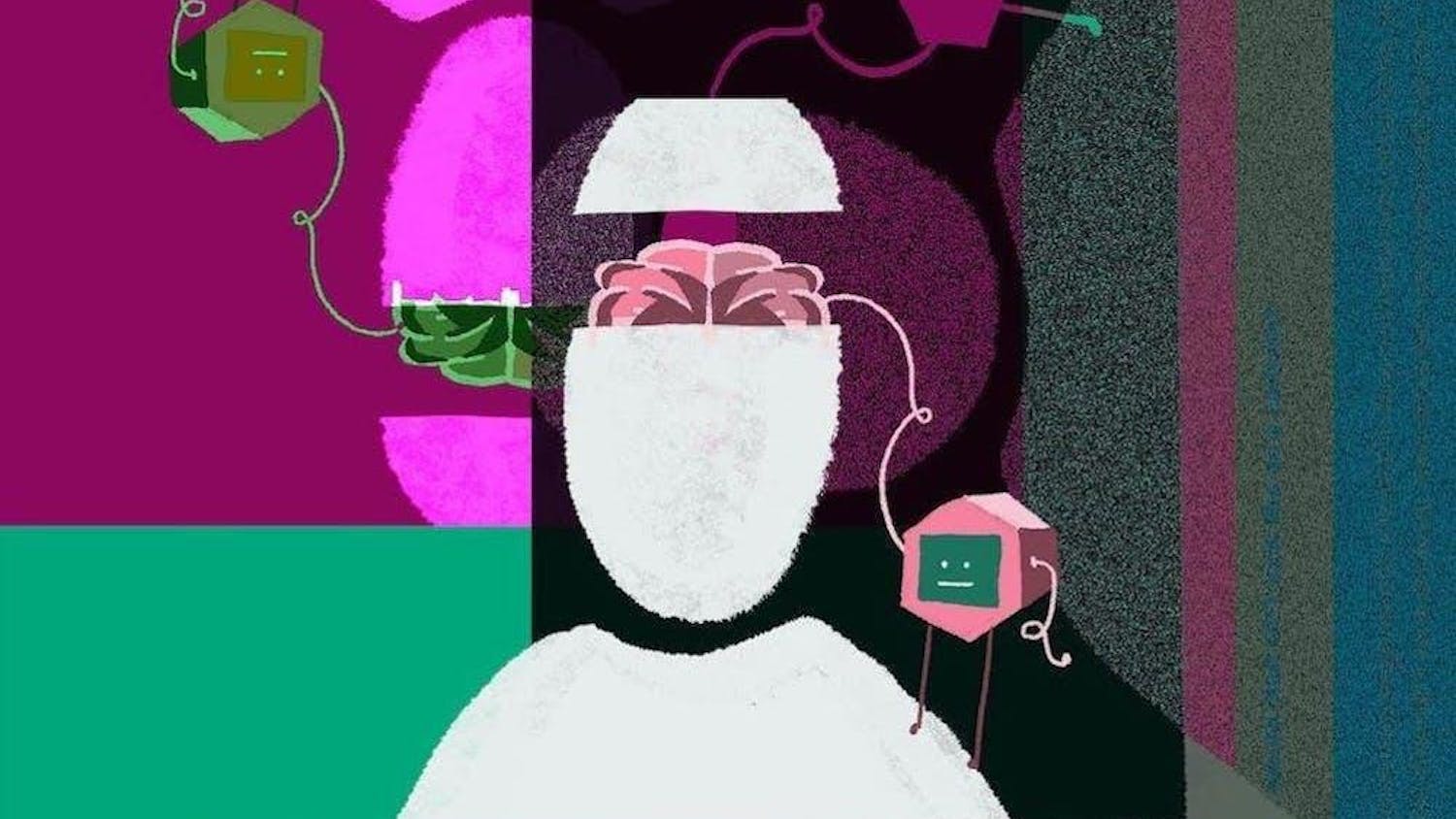On Friday, Jan. 28, Director of the Center for Middle Eastern Studies Nadje Al-Ali and Director of the Center for Latin American and Caribbean Studies Patsy Lewis invited four experts to participate in a virtual panel discussion on the intersections of climate change, displacement and gender. The event, called “Climate Change and Displacement: Experiences from Latin America and the Caribbean and the Middle East,” was co-sponsored by the Climate Solutions Lab at the Watson Institute and was also streamed on the Watson Institute’s YouTube channel.
“Our two centers have been collaborating on a number of issues already of global interest,” Lewis told The Herald. “We have been trying to see how … problems are manifested in different regions and how the responses might be similar or different.”
“While it’s important to zoom into the specifics of either the Middle East, Latin America or the Caribbean, it’s also important to de-exceptionalize the regions and look at commonalities and differences as well,” Al-Ali said.
During the panel, speakers discussed limitations and challenges to female migration, the responsibility of governments to address climate change and migration, as well as how intersectional characteristics such as race, class or education nuance the topic of migration.
Both Lewis and panelist Sabine Manigat, professor at the State University of Haiti and Quisqueya University, spoke about the importance of geographical location in maintaining family connection and historical groundedness. Many people return to or stay in disaster-affected areas even in places like Haiti, a highly migratory country, Manigat said.
In countries like the United States, people have the luxury of ignoring the “catastrophic consequences” of climate change and loss of agriculture, unlike many other people in the world, especially women, panelist Yara Asi, assistant professor of Global Health Management and Informatics at the University of Central Florida, told The Herald.
“I think people in the US need to be well aware of the ripple effects of climate emergencies even if they are 7,000 miles away,” Asi said. “We live in a global community and we are affected by global supply chains, global migration chains (and) global health security risks. So I think this is really one of the more defining threats of our time.”
Asi, who is Palestinian, grew up in the United States but most of her family still lives in Palestine.
“Because I kind of have one foot in both cultures … it allows me to see the challenges that they’re experiencing, while also having this global lens,” Asi added.
Panelist Dina Najjar, social and gender specialist at the International Center for Agricultural Research in the Dry Areas, emphasized the importance of field work and participant observation in gender studies, especially in the Middle East and North Africa. In one instance, Najjar observed women irrigating in Egypt despite speaking with male farmers who insisted Egyptian women did not participate in the activity.
“Impacts of climate change are gendered,” Najjar told The Herald. “They’re not the same. We need to optimize on women’s abilities to participate in … mitigation measures.”
Panelist Lucila Nejamkis, a CLACS visiting professor, emphasized the need for academics to work on concrete solutions to problems such as those linked to climate change. For the past three years, Nejamkis has been studying the link between climate change, migration and gender in a heavily polluted area near Buenos Aires, as well as working towards solutions to improve conditions there.
“(People in the academic community) have a very distinguished position in society,” Nejamkis told The Herald. “The most important thing is not only the academic knowledge, (but also) the transformative tools for these women.”
Al-Ali said she hopes audience members take away the importance of examining how certain issues affect men and women differently. “We want to ask our panelists specifically, how women are affected … as victims of forced migration and as victims of climate change,” Al-Ali said. “Women (are often) at the forefront of the coping mechanisms and the solutions.”
“I am hoping that people … are going to come to hear about what’s happening in their particular region,” Lewis said. “I’m hoping that they leave (the panel) with a wider appreciation of the extent to which the challenges in their region are not unique (but also) felt in a very peculiar particular way.”
Haley Sandlow is a section editor covering science and research as well as admissions and financial aid. She is a junior from Chicago, Illinois, studying English and French.





